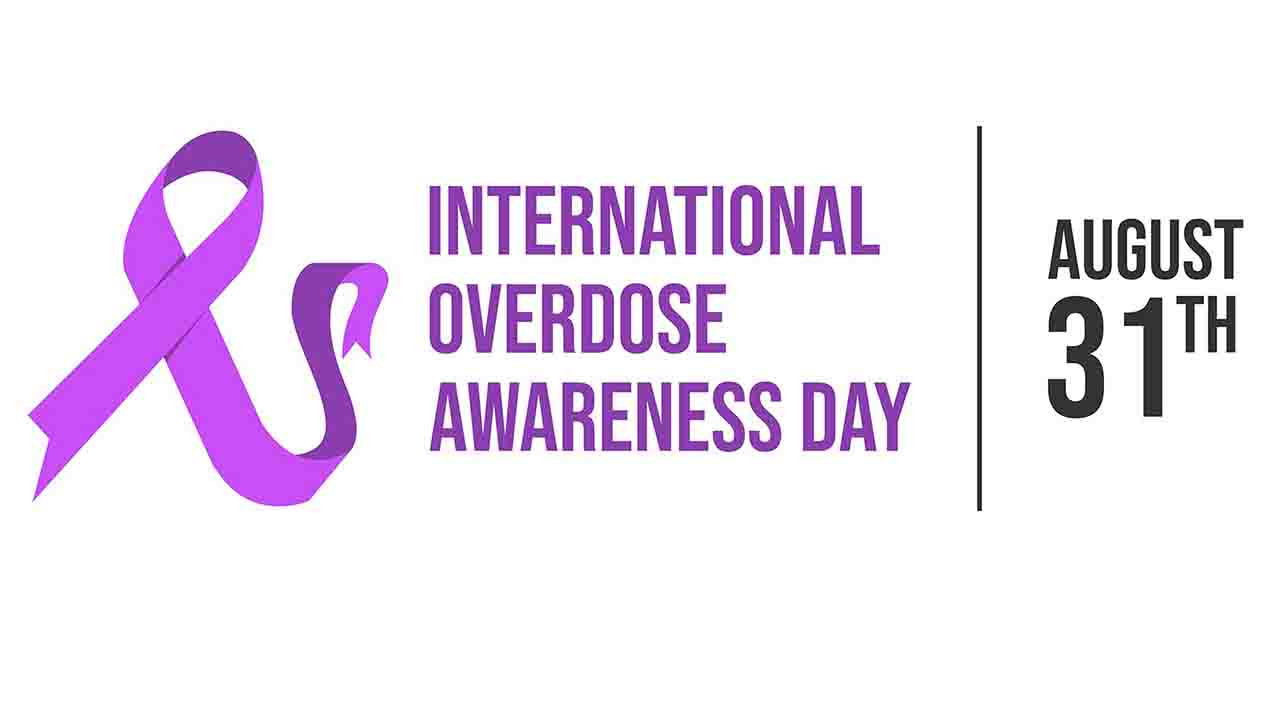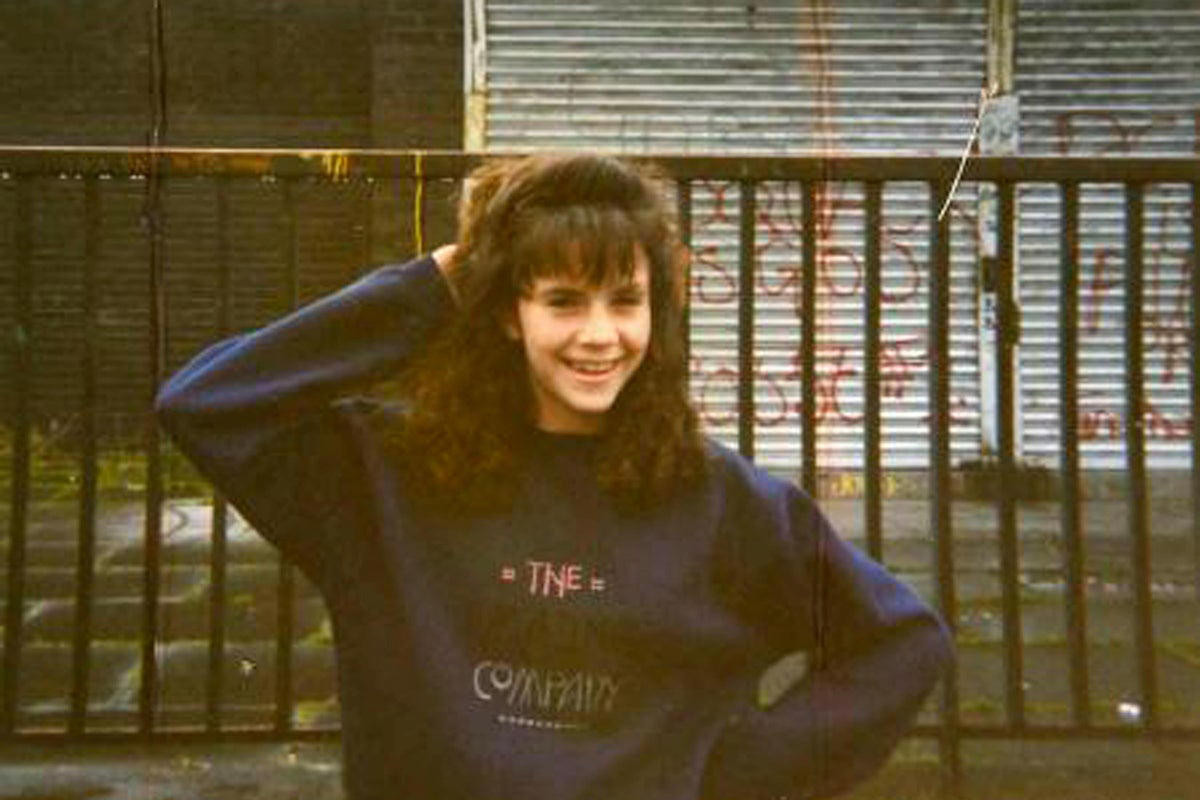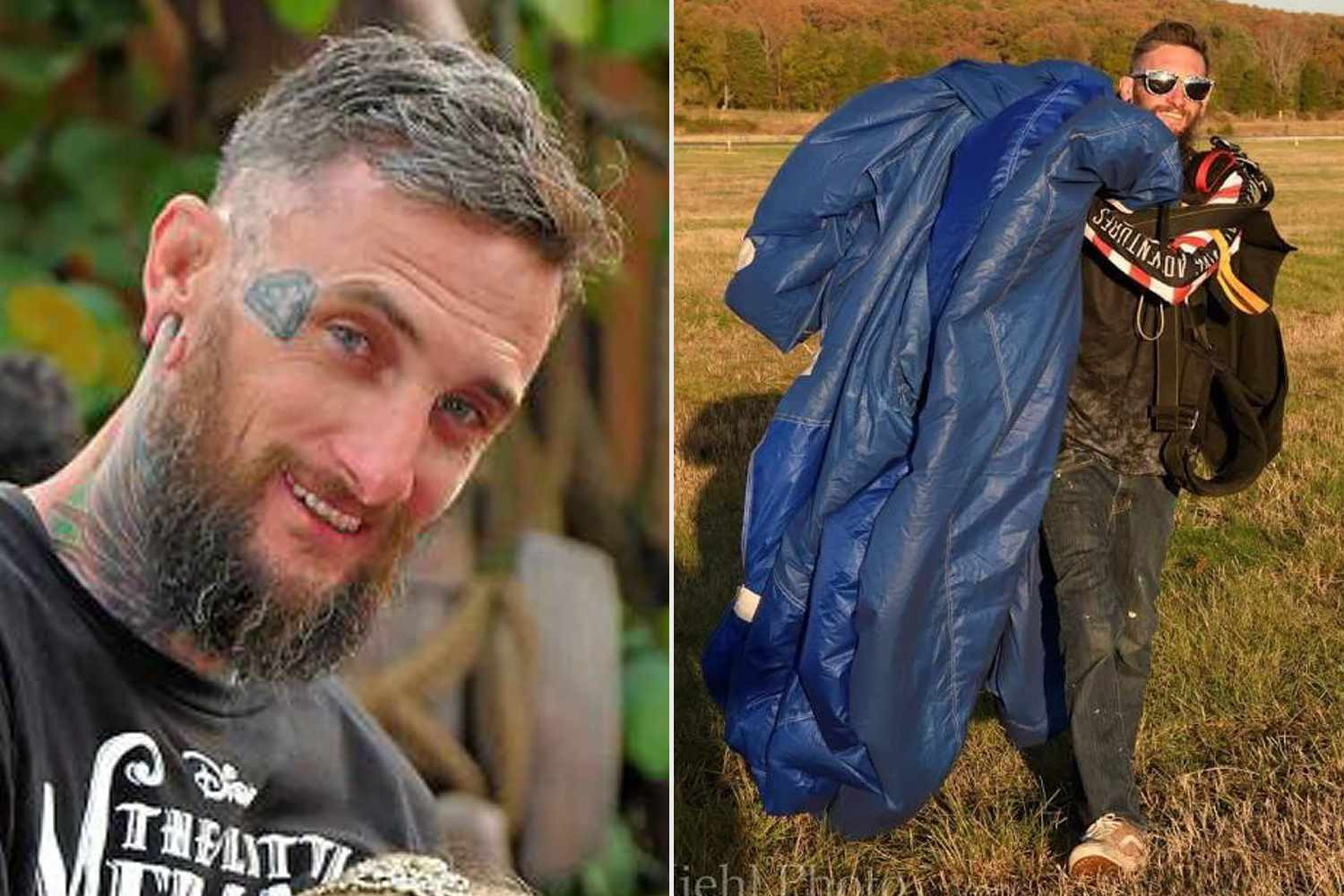This is National Overdose Awareness Week, but there is a family here in northern Michigan that is already very aware of the impact and the loss that overdose can bring. The Summers have been remarkably open about Mike Summers' addiction journey and that fentanyl took his life. They are calling for change so that fewer families have to experience what they have.
"A lot of our awesome children are being lost to fentanyl," said Sue Summers. "And people are just not talking about it enough."
Mike Summers is one of Sue Summers awesome children, and also one of those lost to fentanyl, as she and family openly admitted in his obituary last summer.
"I absolutely wish more people would be comfortable admitting that," Sue said.
The Summer's haven't been quiet about Mike or hidden the path his life took, in hopes of bringing awareness to what's around us with an overall goal in mind.
"Have fewer people die and suffer," said Dan Summers, a brother of Mike. "It really boils down to that. People are dying, people are suffering, and we're sick of it."
Sick to the point where Rob Summers, since his brother Mike's death, has spent countless hours digging deeper and asking questions of law enforcement.
"Twenty percent of the deaths that were investigated in our county by our sheriff's department last year were from drug-related overdoses. And I think that's a huge number," Rob said. "Four or five ER visits per day in northwest Michigan."
In 2021, the latest numbers available, the state of Michigan spent $211 million on substance use disorder, primarily on things like treatment.
Which Rob is supportive of, but he says not funding law enforcement doesn't really address the source of the problem.
"When you read the reports of how the funding is allocated, it's not going to law enforcement agencies for the purpose of locking up bad guys. And I think there could be much better balance there," Rob said.
They say it's time for users to speak up and law enforcement to have the resources and staff to take action.
"I think we should normalize telling on your drug dealer," Dan said. "Your drug dealer is not your friend. Doesn't really care at the end of the day if you live or die. And I don't understand why it's so taboo to not just tell on your drug dealer."
The Summers have seen sides of substance use disorder few have. They understand more than most.
They warn all of us: it's here, it's deadly, and it's time for law enforcement, prosecutors and the entire community to step up and address what's so often hidden in the shadows.
"We need to stand together as parents, as grandparents, as members of the community," Sue said. "We need to stand together and let our voices be heard about the dangers of fentanyl and educate ourselves and our community."
At 6 p.m. on Saturday, 217 Recovery will host the annual Drug Overdose Awareness Event at F & M Park in Traverse City.
All are welcome to attend.
Kass Kruh knows the effects of substance abuse and overdoses all too well. The 26-year-old lost both of her parents, Melissa and John, as a result of drug overdoses in her young life.
“Growing up my deepest fear was losing my parents to the very thing that consumed them. Addiction was a constant shadow over my childhood,” she added. “It forced me to take on responsibilities far beyond my years. Around the age of 9, I developed a routine of staying up late on school nights after my mom had been drinking just to make sure she was still breathing.”
Kruh, who grew up in Naugatuck and lives in Cromwell, said any meaningful sober conversations she had with her dad were often within the walls of a rehab center or during supervised visits.
Kruh lost her mom in 2017 when she was a sophomore in college.
“My deepest fear had come true when I found my mom unresponsive in our apartment,” she said. “She had passed away from an overdose and my entire world was turned upside down. I had to make many decisions I was not ready for at the age of 19, including the decision to stay in school even though I had just lost the most important person in my life.”
Two years later, she lost her father.
“Parent overdose death can have an everlasting impact on their child, young and old, and yet there is still so little data on children who have lost a parent in the United States,” Kruh said. “From what we do know, more than 325,000 children in our country lost a parent to an overdose between 2011 and 2021. Our experiences are crucial in understanding the full impact on substance abuse disorder. Our voices need to be uplifted and heard.”
Kruh had a number of family members in attendance for her emotional speech.
Brian Guyton, the volunteer manager for Connecticut Community for Addiction Recovery‘s Danbury Recovery Community Center, talked about his own recovery journey.
“What that means for me is that I have not used alcohol or other drugs since Aug. 10, 2021,” Guyton said. “I’ve been affected by friends and family members who have had overdoses who are not here with us today.
“That being said, I’m grateful to be alive today because I’ve had my own experiences with overdosing and vivid memories of coming to and going back out,” he added. “First responders surrounding me and trying to keep me awake, catheters, mechanical ventilation, oxygen and luckily surviving. Only through the grace of God and the transformation of the recovery process I’m here today.”
Guyton, who turns 30 next month, said at CCAR he started to feel recovery was possible. He said he entered as a shy, timid and lost individual but started feeling more optimistic about his future after meeting mentors and role models.
“Being able to go to the recovery community centers was a haven for me,” Guyton said. “I was finally allowing myself to receive new information to enter it in my brain instead of shame, regret, remorse and low self-esteem all playing in my mind.”
Now, in his role he is facilitating meetings and offers telephone support to those in need.
“I can relate to those who are going through what I did,” he said.
Connecticut lawmakers including Scanlon and Attorney General William Tong, as well as Hartford Mayor Arunan Arulampalam spoke about their fight for those struggling with substance abuse disorder.
“We are taking this opportunity to kick off this week to recognize and mourn those in Connecticut and across the country that we have lost but fight like hell and resolve ourselves to fight like hell for those still living and still fighting with this disease,” Scanlon said.
Scanlon said this week is about mourning those who were lost in the state, including 1,300 in 2023.
“We are also here today to say loud and clear to the people of Connecticut help is out there and if you need it we are here to make sure you get that help,” Scanlon said. “Do no wait. Do not hesitate. Do not be afraid to come forward because we may be able to help you save your life and there will be one less person next year to mourn the loss of.”
Tong said overdoses are the worst public health crisis in the country.
“As long as I’m Attorney General I will be working on this,” Tong said. “We are trying to abate the crisis that cost Connecticut more than $10 billion every single year in economic damage and costs upwards of 1,400 to 1,500 lives every single year. That’s 1,400 to 1,500 families who get wrecked by the worst health crisis in America.”
Tong recognized the first responders, including many from the Hartford Fire Department who were in attendance on Monday, for being on the front lines of this crisis every day.
Tong said he consults with survivors, including Liz Fitzgerald and Christine Gagnon who both lost sons to the opioid epidemic, before making big decisions on settlements and lawsuits.
“I leaned on Liz and Christine on all of the cases we have brought the last few years,” Tong said. We have recovered approximately $50 billion from the opioid and addiction industry. Now tens of thousands of dollars are flowing into Connecticut being administered by the opioid settlement advisory committee.”
Tong said the money will go out to prevention and addiction science and the lion’s share of the funds are going to services.
“Hundreds of millions of dollars will flow into the state on settlements over the next 18 years,” Tong said.
The Connecticut Department of Mental Health and Addiction Services Commissioner Nancy Navaretta said she speaks every day with families that have experienced loss over addiction.
“The stories deeply affect me,” Navaretta said. “This crisis has claimed far too many lives. It has also brought us together in the shared commitment to fight back, to educate, to support and to heal. We are here today not only to remember those no longer with us but to reaffirm our collective determination to further prevent tragedy.”
Navaretta said the state has had two straight years of decreased opioid overdoses. She said that education and making naloxone more widely available are important steps to continue the decrease.
“We need to ensure that those who need help access it without judgment or stigma,” Navaretta said. “We also want to use language that promotes understanding and compassion rather than shame and blame. … Together we can bring about real change and make opioid awareness day not only a day of remembrance but also a day of hope. It reminds us that every life is worth fighting for.”
Copyright © 2024 Hartford Courant

















